By NATSUMI ADACHI/ Staff Writer
April 22, 2021 at 16:24 JST
MATSUYAMA--Torchbearers in Ehime Prefecture's capital became the first in Japan to have their opportunity to run in the torch relay snuffed out as the Olympic flame arrived here on April 21.
The original plan to hold the relay on public roads was pulled over COVID-19 fears and no alternate route for runners was set up.
Following the flame's arrival early in the evening after it was relayed through eight cities and towns in the prefecture, the Matsuyama torchbearers just transferred it by "kissing" their torches together in a lighting ceremony held without spectators.
It was the first time since the nationwide relay kicked off on March 25 in Fukushima Prefecture that torchbearers could not run in one of its legs.
Ehime Prefecture has just asked the central government to apply pre-emergency measures in the prefecture to stem a resurgence in novel coronavirus infections.
The arrival ceremony for the flame was held in a park offering a scenic view of Matsuyama Castle, concealed by sheets of plastic to avoid attracting crowds of passers-by.
Twenty-seven torchbearers who were supposed to run in the city's leg of the relay stood side by side and transferred the flame with their torches to the Olympic torch plate on the stage about 100 meters ahead of them.
Kyoto's city government decided on April 21 to ask the Kyoto prefectural executive committee for the Tokyo Olympic torch relay to cancel the relay on its public roads scheduled on May 26 as an anti-virus measure.
Kyoto Mayor Daisaku Kadokawa told reporters that he is considering having torchbearers run within the grounds of Nijo Castle, a World Heritage site, instead.


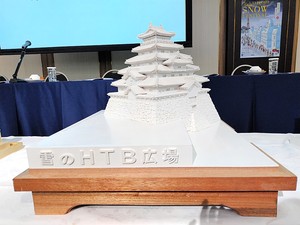
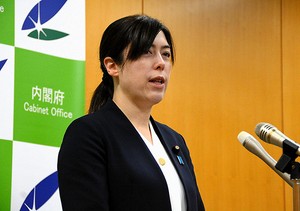

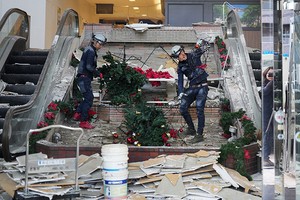
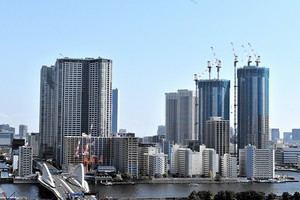


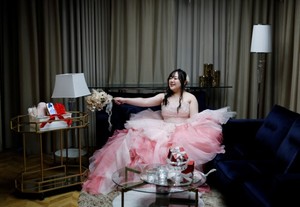










A peek through the music industry’s curtain at the producers who harnessed social media to help their idols go global.
A series based on diplomatic documents declassified by Japan’s Foreign Ministry
Here is a collection of first-hand accounts by “hibakusha” atomic bomb survivors.
Cooking experts, chefs and others involved in the field of food introduce their special recipes intertwined with their paths in life.
A series about Japanese-Americans and their memories of World War II